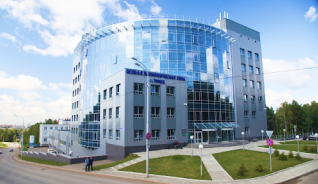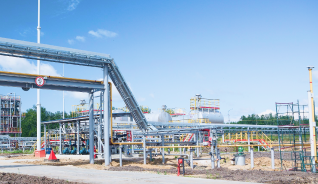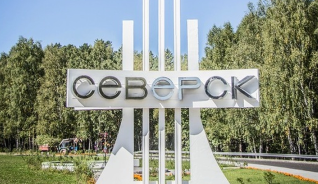Tomsk region forms a timber cluster
- Home
- Information Center
- Investment News
- Year 2016
- October
The advantages of the cluster approach in the development of the wood industry clusters were discussed by the heads of more than 40 companies, which are the potential participants of this association at the meeting in the regional department of forestry.
The meeting was held with the participation of Nikolay Kozhemyako, the Deputy Director General of the State Scientific Center of the timber industry complex (Moscow) developing the strategy of the timber industry cluster in Tomsk region. The cluster policy is the basis of the forest complex development in Russia: the government defined the requirements for industrial clusters, and the rules for granting the subsidies to its participants.
The cluster approach will allow the state agencies to increase budget revenues through the tax revenue, increase the investment attractiveness of regions, and for businesses it will be possible to reduce costs, increase the chances for the state support and activity of the enterprises themselves", - says Nikolay Kozhemyako. - Now it is announced in Russia on the creation of seven potential clusters, including Tomsk wood industry cluster". The region has already drafted a "road map" to establish the wood industry cluster. The measures for its formation are included into the Strategy for social and economic development of the Tomsk region till 2030 and the updated "road map" of theINO Tomsk concept.
As the head of the Forestry Department Michael Malkevich noted, the localization of production in the wood industry cluster will allow quicker involvement of forest resources in the economic turnover (the development of the rated wood cutting in the region today is from 10 to 14%) and will help increasing the efficiency of the forestry sector. According to the Ministry of Industry and Trade, the index of value added per unit of harvested timber in the Russian timber industry ($ 93) is 13.7 times lower than the German ($ 1282) and six times less than in Austria and China.
In addition, the association would allow better using the mechanisms of state support of clusters, which provide subsidies for the costs of licensing and certification of production and equipment, training of technical personnel and the development of documentation and technological activities (development of software modules, the lease payments on fixed assets, interest, etc.). "To take advantage of these tools, one needs to evaluate the potential of cooperation in all areas, format our policy documents, define the criteria and procedure for collection of data on the cluster activities, without which it is impossible to substantiate a request for government support", - said Mikhail Malkevich.








